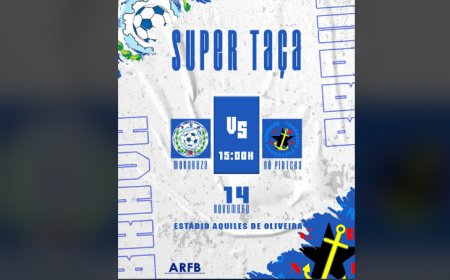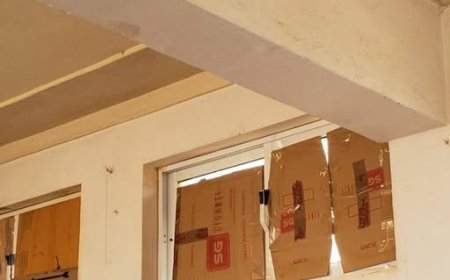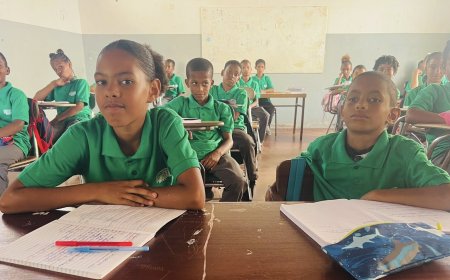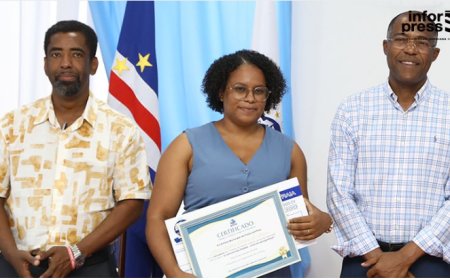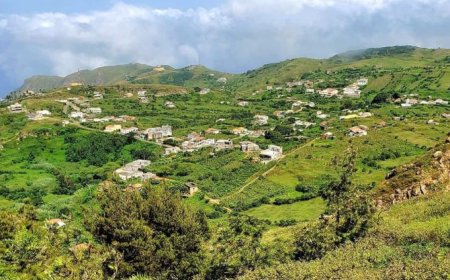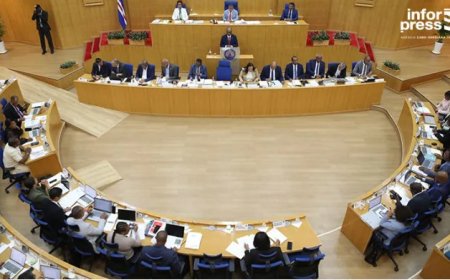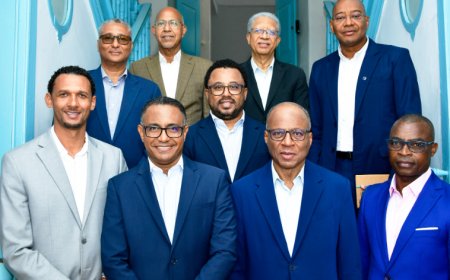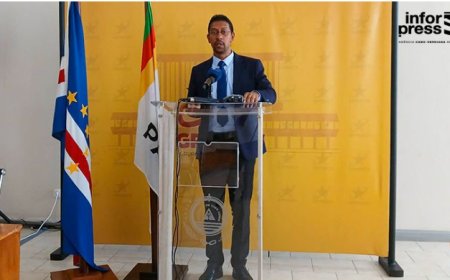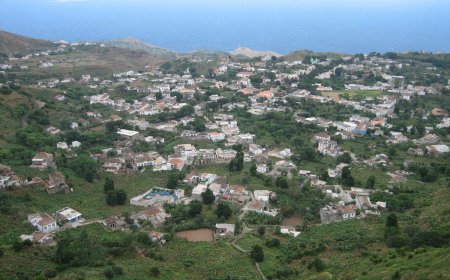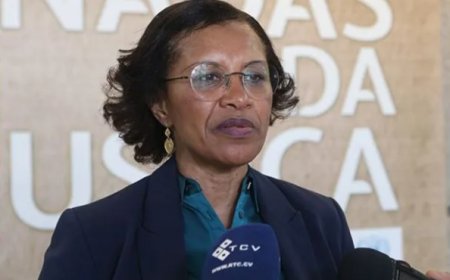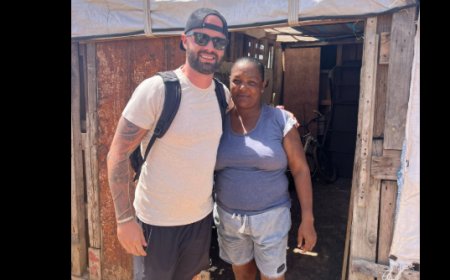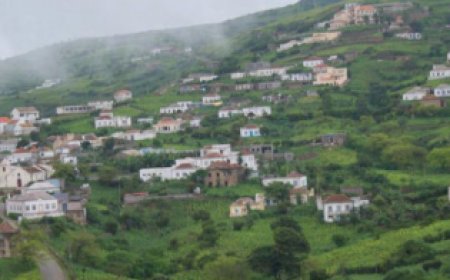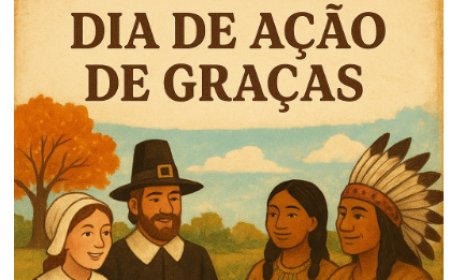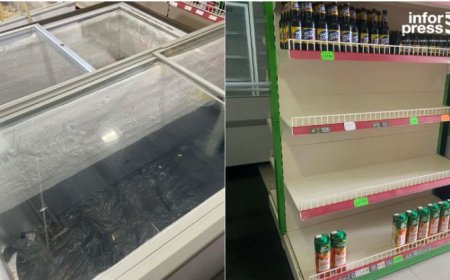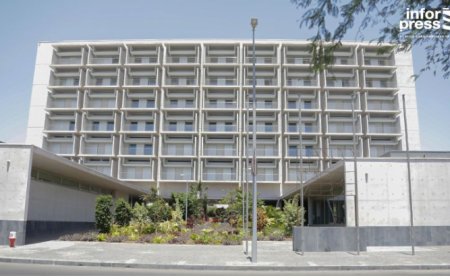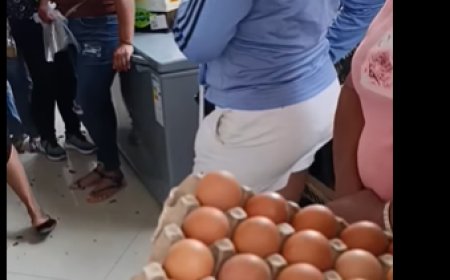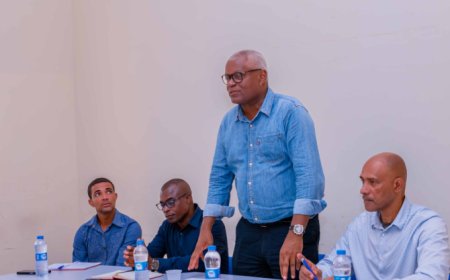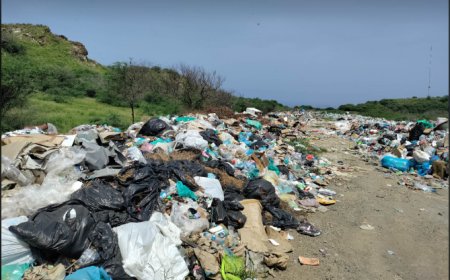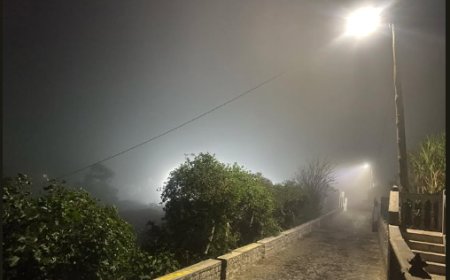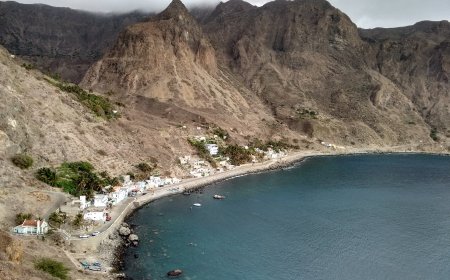Brava: Biflores starts production campaign for around 3,000 endemic and forage plants on the island
The Biflores association has already started the campaign for the production of endemic and forage plants, which plans to plant around three thousand seedlings on the island and rehabilitate degraded areas.
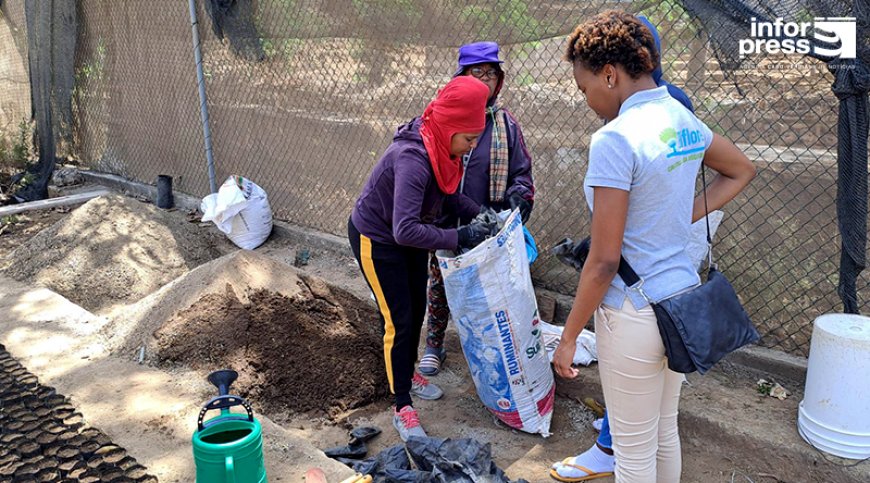
The Biflores association has already started the campaign for the production of endemic and forage plants, which plans to plant around three thousand seedlings on the island and rehabilitate degraded areas.
Inforpress went to the Campo Baixo nursery, where there are four women working on this project who, as explained by Denise Macedo, one of them, are in the soil preparation phase, for later filling the bags and launching the seeds.
Lídia Rosário, another woman involved in this process, explained that the work is “simple”, as long as all the necessary processes are followed, namely picking the soil, sieving and preparing the soil in the “right measure”.
“It is necessary to put 15 measures of earth, half of this measure of fertilizer, seven of sand, make the mixture and pour water to wet and then fill the bags”, he detailed.
On the reforestation project, Dilma Lopes, biologist from the Biflores association and responsible for the Franklinia project, said that the campaign aims to protect three species of trees endemic to Brava, namely, dragon tree, marmulano and date palm.
This project, financed by the Fondation Frankilinia, as shown, has been in progress since 2022. Now, work continues with the organization of the nursery, in Campo Baixo, in partnership with the delegation of the Ministry of Agriculture and Environment (MAA), with the aim to produce a thousand seedlings of each of these three species.
For reforestation, the biologist informed that they will start this process at the beginning of the rainy season, thus starting to reforest the degraded areas, namely in the high areas, where there is a lot of erosion.
Meanwhile, he highlighted that the association is working towards achieving a balance with free grazing, since Brava is an island where many livestock breeders have their livelihood in raising animals.
Hence, he underlined that they will try to compile reforestation to combat erosion. For final success, continued the official, it is necessary to find a solution for grazing, pointing out that it is not worth reforesting an area and continuing with the practice of free grazing.
And in this complementation, Biflores is also working on the Darwin project, a program on sustainable grazing, financed by the Darwin Initiative.
The official explained that "the association's projects are always interconnected", because "one complements the other and thus it is possible to have a positive result of the actions developed in each project".
According to the same source, these three species are threatened and on the verge of extinction and there are few natural representatives in Brava, mainly the dragon tree.
After planting, a follow-up is carried out for the reforested plants, in an effort to see if they can adapt, because each one has a different habitat.
“What Biflores does is try to resemble a more appropriate habitat for the development of each species and have a final success”, he reinforced.
In addition to local institutions and organizations, Biflores has Fauna and Flora International as a partner.








